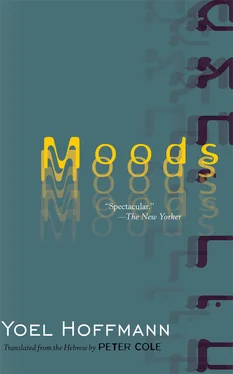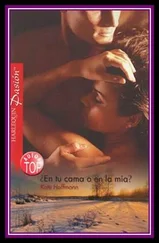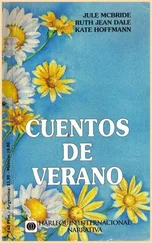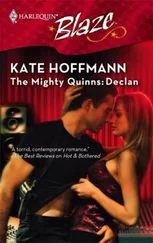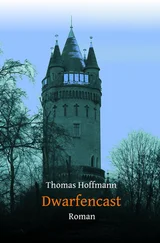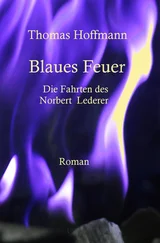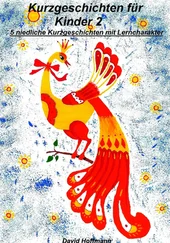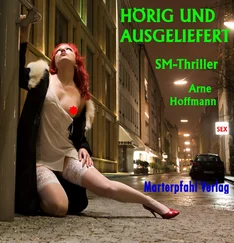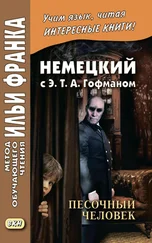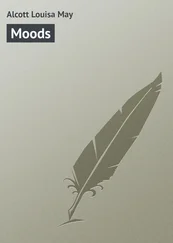We remember how beautiful the widow was, although by most people’s standards her face was ugly. We weren’t, however, bound to her at all because she remained within herself, as she was, only up to the borders where the air begins.
If we were Catholic, we’d go to the priest and confess before him that we haven’t received with true submission the divine design and we’ve sought for ourselves empty space.
[43]
We remember how beautiful Uncle Zoltan was. And how beautiful our stepmother Francesca was (her maiden name was Manheim). They too were precisely what they were, but then, when we were children, we only wanted solid forms.
We might sketch out episodes but we can’t. We’ve forgotten adjectives and adverbs and we remember (like the mentally disabled) just first names.
It’s only right that we should read the phone book as we read Scripture.
[44]
A certain sheikh from a Sufi sect saw that the time to pray had come. He started to rise from his pallet and was just about to go to the mosque. But since a cat was sleeping on the sleeve of his cloak, he cut off the sleeve and went to pray with his one arm covered and the other exposed.
The cat is already dead, and the sheikh too has passed away, but year after year tens of thousands of pilgrims prostrate themselves before this sleeve. Some crawl on their bellies (like the Christians who come to Fatima, in Portugal, to the grave of the child-shepherds who saw the Holy Virgin in the sky) from the edge of town and across the spice market up to the mosque where the sleeve is preserved.
Hence the injunction, Be a sleeve to the world. If the woman beside you is sleeping and her head is on your arm and you need to get up and go to the bathroom you very carefully have to place her head on the pillow beside you (how tempting it is to say you have to cut off your arm) just so you won’t wake her.
[45]
Penina Tuchner we loved like the Twin Towers, especially when they were burning. If her bra were preserved in a museum, we’d go there and break the display-case glass.
How she’d say “Shalom,” with that first syllable precisely placed between s and sh . Generally. She pronounced words like a swan sailing along on the Thames, next to the hotels. You could see her throat through her neck.
We remember that she lived at 15 Tribes of Israel Street, on the third floor. On the first (we remember) there lived people whose names were Kalantar and people whose names were Yesharim. On the second floor were people whose names were Laufer, and on the third (facing Tuchner) lived a man named Fabricant.
[46]
Mrs. Tuchner (Penina’s mother) used to put soup pots on the windowsill. We remember that a large pot came between us and our view of the apartment across the way.
When we ate (Mr. Tuchner would eat with us too), Mrs. Tuchner would walk from the table to the kitchen and back. Mr. Tuchner’s eyeglasses would fog up with vapors and he would remove them every so often and wipe the lenses with the tablecloth.
We thought to ourselves then that they (which is to say, Mr. and Mrs. Tuchner) brought a baby girl into the world and waited until she grew up and now we take off all of her clothes.
[47]
We’ve heard that physicists are searching for a tiny particle that they can’t find and therefore they’ve built an enormous tunnel in Switzerland.
We too from time to time lose a breadcrumb, but usually we find it under the table. My stepmother Francesca lost an imitation pearl once and after a while she found it between the sheets.
Happy are people who lack only a tiny particle. Sometimes we lose what seems like half the world or even two thirds of it, and the part that’s left is a blackish-yellow like the streets of Europe in the nineteenth century, when they’d light the lamps with gas.
[48]
At times like these only a dog can diagnose the problem. He places his head on our knees and sends us healing powers. And this (that is, the dog’s soul) is one of the great mysteries about which one can’t write in books.
We remember all the dogs that were bound to us. Their souls are now in heaven. Their paws are preserved in the great Pantheon of the World Spirit.
And this is the schedule of buses departing from Nahariya to Ma’alot: 5:15, 6:30, 6:45, 7:00, 7:20, 7:45, 8:30, 11:30, 13:30, 16:00, 18:25, 19:30, and the last one is at 20:35.
[49]
And now it’s only fitting that we should talk about the shopkeeper and the dog.
Every day Mr. Hirsch would slice up a large chunk of cheese. His hand went up and down as he sliced, and therefore we couldn’t see if the number on his arm and the number on the arm of his wife were in sequence.
Mr. Hirsch also taught us to distinguish between white bread and dark bread. They don’t bake loaves like that any longer. But then they’d cut three small grooves into the outer crust of the white bread.
The dog would always lie by the door to the grocery store and growl. Perhaps he saw in his mind’s eye a pot roast (or something called ratatouille) and was angry that he couldn’t smell what was cooking.
[50]
Next to the grocery store was a shop that belonged to a tailor named Leopold. And after that was a store called My Book, where they sold books and stationery supplies.
The movements in the grocery store were, on the whole, vertical (which is to say they went from top to bottom). At the tailor’s the movement was lateral (which is to say, horizontal — on account of the line drawn in the air by the needle and thread). And at My Book the movement was crosshatched. On the pavement in front of the stores the children played with small glass marbles.
Once the tailor whose name was Leopold left the store and chased all the children away. But the children came back and some of them even pressed their noses against the window of the shop in order to see the tailor’s dummy.
[51]
At the bookstore called My Book (we gave the name a penultimate stress) there was, on the shelf, a book called How to Win Friends and Influence People , and there was also the Bible in the multivolume Cassuto edition. Except that we didn’t see the Book of Ezekiel.
We might tell how the clerks came and went and how we fell in love with several, but in fact only Mr. Twersky manned the store, and he would simply say, “What else” (with the words spaced out in rhythmic fashion).
At that time we’d think about Indulgences. That is, the writs of forgiveness that priests sold for money to sinners. Even though we hadn’t committed any great sin (we’d stolen a cream puff from the kiosk and whatnot), we sought for ourselves a writ of forgiveness for all the sins we knew we’d commit in the future.
There’s no need to point out (as we’ve already said in an earlier book) that the sun came and the sun went during those days as well.
[52]
Years before that Micah Raukher pushed us into a bougainvillea.
At the time, we hadn’t yet heard of the man who was crucified at Golgotha, but without a doubt the number of thorns that pierced our flesh was greater by far than the number of nails that the Romans drove into him.
The kindergarten teacher took out the thorns with the help of a pair of tweezers, and we shed a tear like that boy in the picture that hung on the wall in every pediatric clinic in the country.
Micah Raukher stood in the corner and some thirty or forty years later died in a traffic accident. We were carried (which is to say, I was carried) by my grandfather, Isaac Emerich, in his heart, all the way to his house on Arlosoroff Street, next to the Monkey Park.
If the grandfather of the Crucified One (and not his Father in heaven) had taken him down from the cross, everything would have been different.
[53]
Читать дальше
